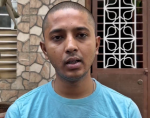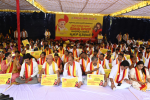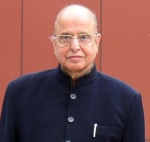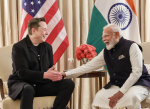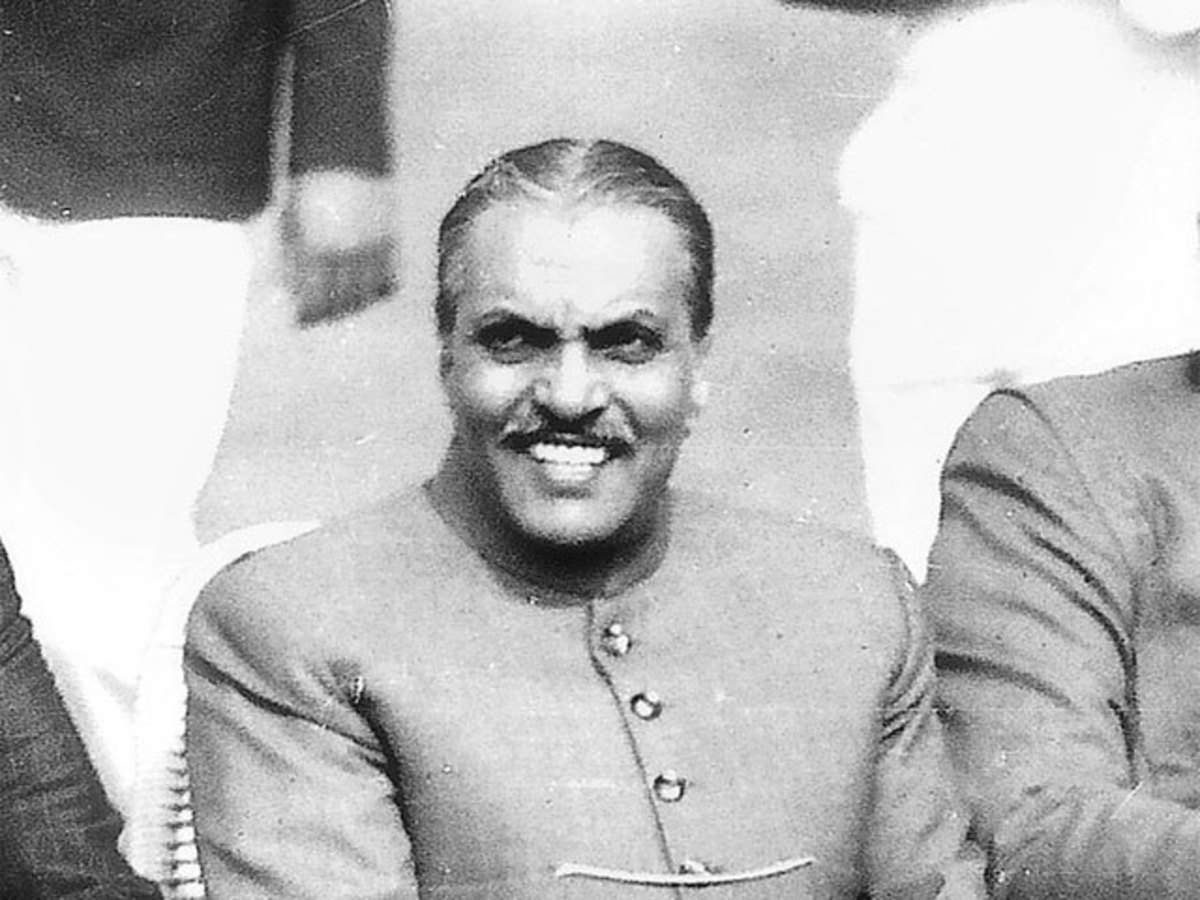
CHANDIGARH Former Pakistani President Gen Zia-ul-Haq, who ousted Prime Minister Zulfikar Ali Bhutto in a military coup and later hanged him to death, had become the army chief by only flattering Bhutto, who superseded seven top officers to elevate Zia to the coveted post.
The ascent of the maverick general to the president’s post, who died in an air crash on August 17, 1988, involves a curious story of ambition, flattery, intrigue, rebellion and betrayal.
Born on August 12, 1924 in Jalandhar, Zia was son of an army clerk. He finished his schooling at Shimla and completed his B.A. in History from St. Stephen’s College of Delhi University. In 1943, he joined the Royal Military Academy at Dehra Dun and became a commissioned officer in 1945.
After India’s Independence and Partition, Zia’s family migrated to Pakistan and he joined the Pakistani army. He served as a tank commander in 1965 Indo-Pakistan border. After the war, he was promoted to the rank of colonel and became a brigadier in 1969.
ZIA’S PLOY TO WIN BHUTTO’S TRUST
In 1975, Zia was a divisional commander when Prime Minister Bhutto came on a visit to Multan. He reportedly used the occasion to gain proximity to the PM and made elaborate arrangements to accord him a grand reception. It is said that when Bhutto was working late night at his camp office, Zia positioned himself near the window.
On being summoned inside, the officer said he was simply enamoured of the PM who burnt midnight oil for the progress of Pakistan. Bhutto was obviously flattered and Zia later climbed on to the ladder of success through sycophancy.
BHUTTO IGNORED ADVISERS’ COUNSEL ON ZIA
In 1976, Bhutto appointed Gen Zia as the Chief of the Army by superseding as many as seven senior officers, despite opposition by his advisers.
Ghulam Mustafa Khar, once a right-hand man of Bhutto, claimed that he had alerted Bhutto that Zia-ul-Haq was not a trustworthy man and that he was making the biggest blunder of his life by making Zia the Army Chief. Bhutto, however, ignored his advice and said Zia was neither an influential person nor was he a man of grassroots, so he could not harm him in any manner.
THE PM’S “MONKEY GENERAL”
Bhutto even used to address Gen Zia as his “Monkey General” and often made jokes over his facial features and small height.
However, Gen Zia surprised Bhutto by staging a military coup on July 5, 1977, just a year after he became the Army Chief. He imposed martial law in Pakistan and suspended all political parties.
Since Bhutto was a very popular prime minister, Gen Zia put him in jail for allegedly plotting the murder of a political opponent, Ahmad Raza Khan Kasuri. Zia got him convicted in the case and Bhutto was sentenced to death. He was even denied the right to appeal in the case.
BHUTTO TRUSTED ZIA UNTIL HIS LAST DAY
In his Urdu book “Bhutto ke Akhri 323 Din’, Col. Rafiuddin says Bhutto never believed that Gen Zia-ul-Haq would actually hang him to death. Col Rafiuddin, who was deputed to keep an eye on Bhutto in the Rawalpindi jail, said that Bhutto’s belief was shattered only when he was taken to the gallows on April 4, 1979.
Zia, who ruled over Pakistan for 11 years from 1977 to 1988, was responsible for Islamisation of the country as he introduced Islamic laws there, making even flogging in public a common sight.
However, Zia himself had a tragic end as he died in an air crash, along with 31 others, on August 17, 1988. The Air Force plane carrying them exploded in the air after take-off near Bahawalpur, before falling on the ground.
The mystery revolving around his death gave rise to conspiracy theories, including one mentioned in Mohammad Hanif’s novel ‘A Case of Exploding Mangoes’ that blamed the ISI for the explosion. ISI officials were believed to have gifted him a box of mangoes that allegedly had explosives which went off in the air. The probe by the Pakistani administration in the incident could not specify any reason behind the mid-air explosion in the plane.



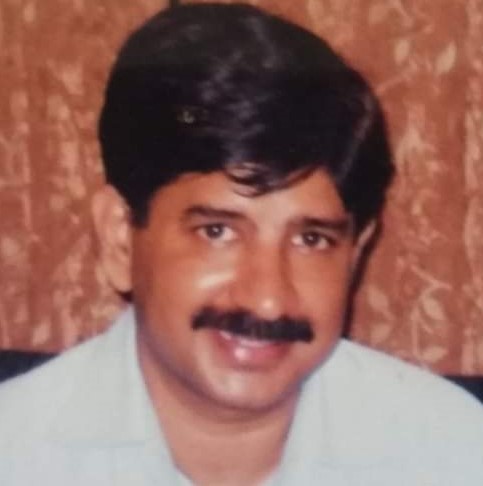 by Manoj Kumar
by Manoj Kumar
